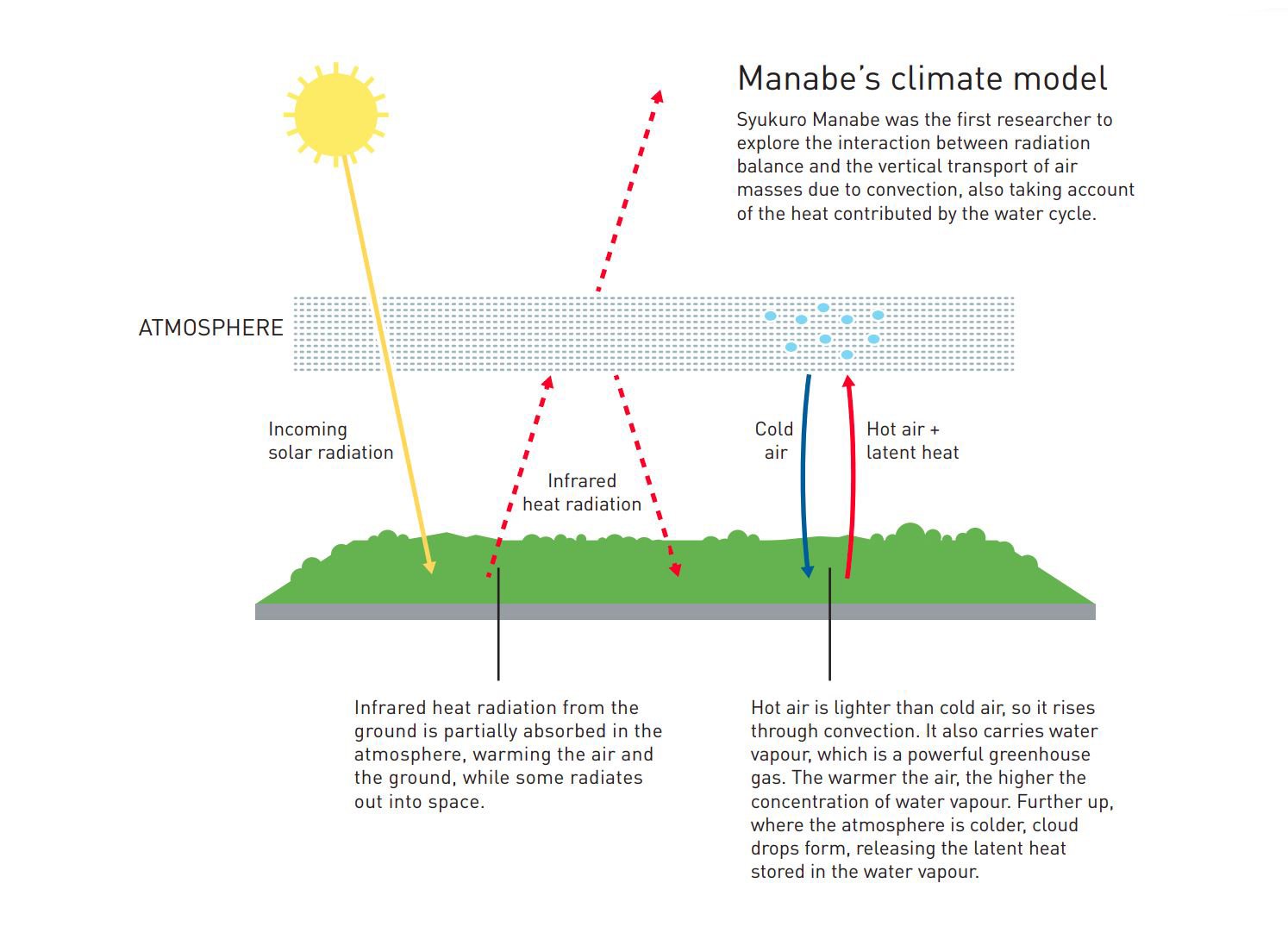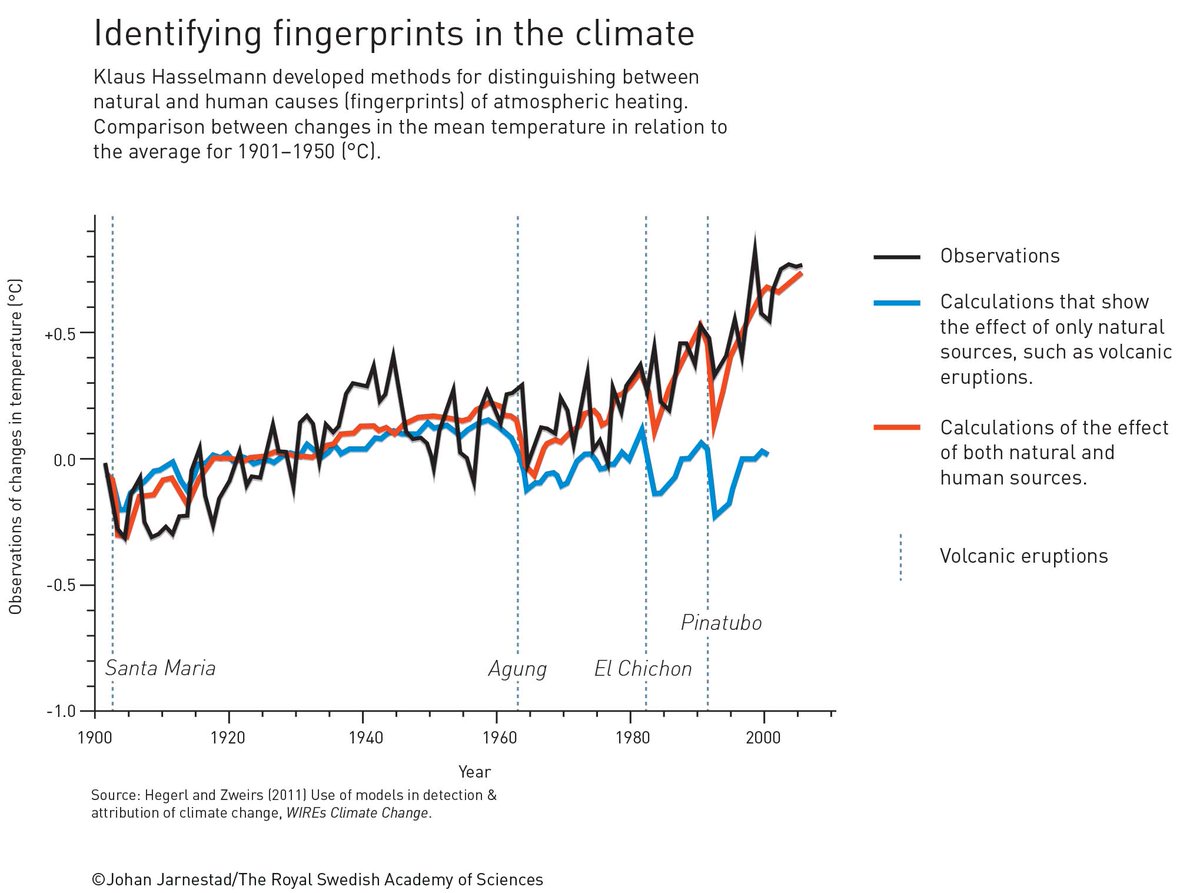Who won the Nobel Prize in physics 2021?
Nobel prizes are regarded as the most prestigious award any intellectual can receive in their respective field. With more than million-dollar prize money, gold medal, diploma and heightened recognition, the Nobel prize symbolize the fruit of one's prodigious actions. Each year in October, the Noble foundation chooses individuals from six distinctive fields, Physics, Chemistry, Medicine, Literature, Peace and Economic Sciences, whose work have conferred the greatest benefit to humankind during the preceding years. And 2021 Nobel prizes have been awarded to thirteen such dignitaries for their revolutionary works in their corresponding speciality.
So who were those personalities receiving the Nobel prizes? Let us start our journey with the physics category.
The 2021 Nobel prize in Physics was awarded to three scientists, Syukuro Manabe, Klauss Hasselman and Giorgio Parisi "for groundbreaking contributions to our understanding of complex physical systems." These Nobel laureates were selected by the Nobel committee for physics, a committee elected by the Royal Swedish Academy of Sciences.
Brief intro of the laureates:
Syukuro Manabe is a 90 years old senior meteorologist and climatologist from Princeton University who, in the 1960s, demonstrated how increased levels of carbon dioxide in the atmosphere lead to increased temperatures on the surface of the earth. Robert Kopp, a climate scientist at Rutgers University who also worked on the IPCC report, called Dr Manabe a critical figure in the rise of climate science in the mid-1960s. Most of our current climate models rest on the foundation of his findings.
Klaus Hasselman is an 89-year-old German physicist and oceanographer from Max Planck Institute for meteorology, whose work connects the short term weather patterns like precipitation with long-term shifts in the climate like ocean currents. He demonstrated that seemingly chaotic weather data could yield insight into broader patterns and even allow scientists to trace human influence on the climate. Dr Hasselmann said that his work laid the basis for attribution studies, a field of scientific investigation that seeks to establish the influence of climate change on specific events like droughts, heatwaves and intense rainstorms.
Giorgio Parisi is a 73-year-old Italian theoretical physicist whose work isn't specifically related to climate change. His expertise lies in understanding complex systems as a whole and understanding the interplay of disorder and fluctuations in physical systems, including everything from a tiny collection of atoms to the atmosphere of an entire planet. Although Dr Parisi’s effect on climate science is small compared to his impact across many other fields, including mathematics, biology and computing, his works are phenomenal nonetheless.
More about the Nobel Prize:
One half of the prize of approximately $1.1 million dollars will be awarded to Dr Parisi for demonstrating the connection between the movements of atoms to the planet as a whole.
The other half would be shared by Dr Manabe and Dr Hasselman for Physical modelling of earth's climate and reliably predicting global warming.
Others have received Nobel Prizes in the past for their work on climate change, most notably US vice president Al Gore. But this was the first time climate scientists specifically have been awarded the physics award. “The discoveries being recognized this year demonstrate that our knowledge about the climate rests on a solid scientific foundation, based on a rigorous analysis of observations,” said Thors Hans Hansson, chair of the Nobel Committee for Physics.
Even Manabe was surprised to find that he had won the Nobel prize. “Nobody has received the physics prize for my kind of work, and I really appreciate the Swedish Academy of Sciences for choosing this field, climate topics and climate change,” Manabe told the Nobel Prize website.
These scientists haven't been awarded the prize for developing some recent innovative ideas about climate change. Rather this was the reward for their tireless efforts for decades to improve our understanding of complex systems unfolding on the planet, the biggest being climate change.
All their efforts had the sole purpose of quantifying the effects of climate change on the present and future. And studies after studies, it is proved that, if our current practices continue, our existence on this planet can't last long. So unless we act fast there will be no earth for our younger generations to call their home.






Comments
Post a Comment
So, how do you like my blogs so far?